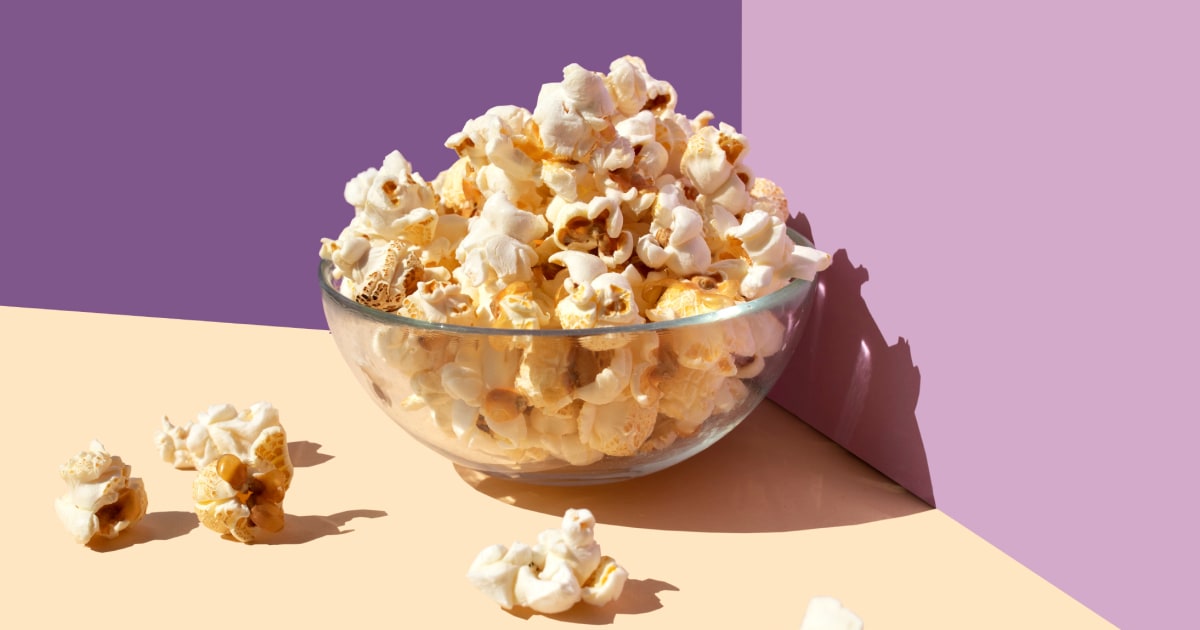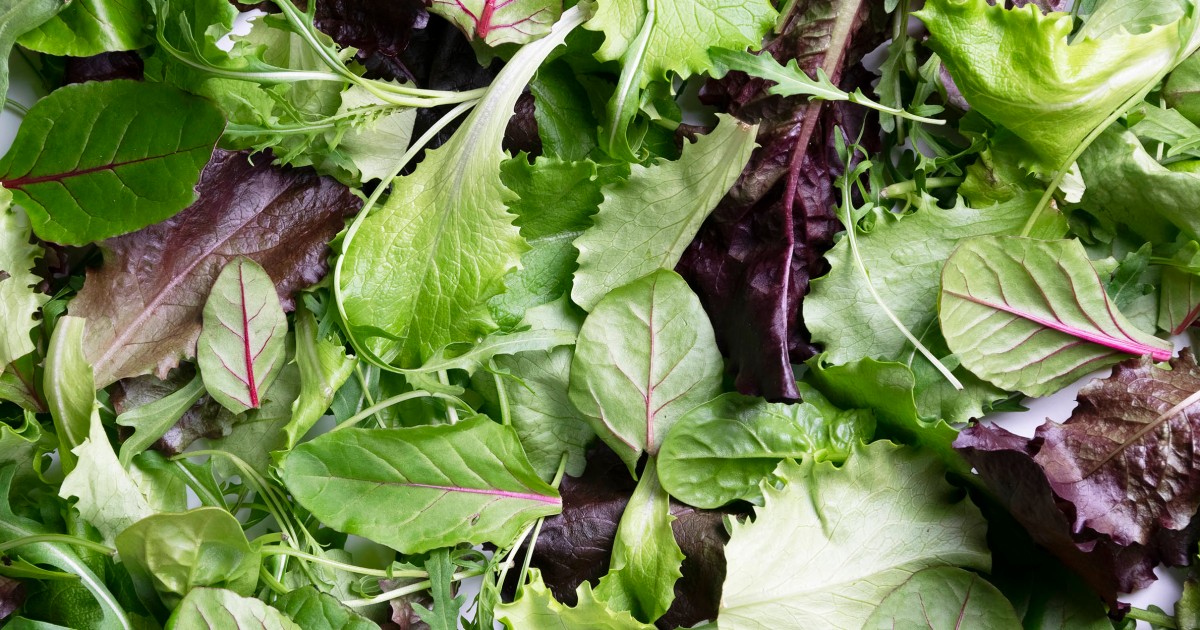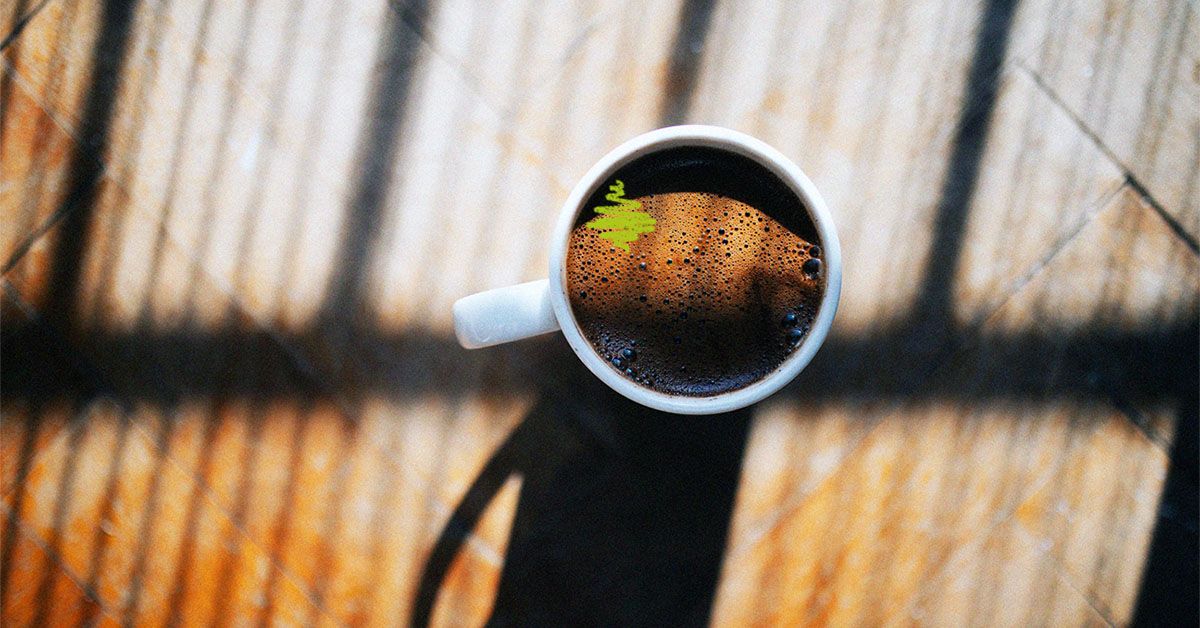Welcome to Start TODAY. Sign up for our Start TODAY newsletter to receive daily inspiration sent to your inbox — and join us on Instagram!
Is popcorn good for you? The puffed up corn kernels are a crunchy, satisfying snack with surprising health benefits. However, what you top popcorn with matters.
What is popcorn, what are the health benefits, and which type is healthiest? Dietitians discuss the nutritional value of popcorn, their top picks, and which popcorn to limit or avoid.
What is popcorn?
Popcorn is a whole-grain snack from the corn plant, also known as maize. Popcorn comes from a specific type of corn kernel that expands and puffs up when heated, Samantha Dieras, registered dietitian and director of ambulatory nutrition services at Mount Sinai Hospital, tells TODAY.com.
Technically, corn is a fruit, vegetable and a whole grain.
That’s because scientifically corn is classified as a fruit because the part we eat, the kernels, come from the flower of the plant. But from a culinary perspective, corn is either a vegetable or a whole grain, depending on when it’s harvested.
Fresh corn from the cob, harvested early when the kernels are soft and liquid-filled, is a vegetable, according to the United States Department of Agriculture. But the mature, dry corn kernels harvested later and used for popcorn are a whole grain. Popcorn is actually 100% whole grain, per the USDA, and one serving provides one-third the amount of whole grains that most adults need.
Popcorn can be prepared in a variety of ways, such as air-popped in a machine or oil-popped on the stovetop or in the microwave.
Popcorn nutrition overview
The nutrition content of popcorn varies based on how it is prepared and the toppings. According to the USDA Database, one serving of air-popped popcorn, unsalted, contains about:
- 100 calories
- 3 grams of protein
- 18 grams of carbohydrates
- 1 gram of fat
- 3-4 grams of fiber
One serving of popcorn is about three cups popped, says Natalie Rizzo, registered dietitian and nutrition editor for TODAY.com.
Is popcorn healthy?
Popcorn can be healthy when eaten in moderation and as part of an overall balanced, nutritious diet, the experts note.
“Popcorn is a healthy whole grain snack with fiber and protein,” says Rizzo. In its original form, popcorn is low in calories and fat. “Corn, and therefore popcorn, has health benefits,” says Dieras.
Good source of fiber
Popcorn is a good source of dietary fiber, providing 3-4 grams per serving, or nearly 15% of the daily amount adults need, per the USDA. The fiber in popcorn helps with satiety, or keeping you feeling fuller for longer, the experts note.
In addition to keeping you regular, fiber can help with blood sugar control, lower cholesterol and aid in weight management.
Contains vitamins, minerals, antioxidants
Popcorn also contains vitamins, minerals and antioxidants, which are important for health. These include B vitamins, potassium, folate, manganese, phosphorus and zinc, according to Frances Largeman-Roth, a registered dietitian-nutritionist.
Popcorn is rich in antioxidants called polyphenols and phenolic acids, which are linked to better digestive health and improved blood circulation, per the American Heart Association.
Research shows popcorn also contains carotenoids called lutein and zeaxanthin, which help protect eye health and vision.
Low in calories
Popcorn is naturally low in calories and fat, and it’s 100% gluten-free, says Largeman-Roth. It’s also naturally low in sugar.
But despite being low-calorie, popcorn can be filling and satisfying thanks to the protein and fiber content. Popcorn is also a high-volume food, meaning it’s good for people who like to eat or snack on large amounts of food, per the USDA.
Is popcorn a carb?
Yes, corn is a carbohydrate, as well as a starchy vegetable.
Popcorn is relatively high in carbs, packing about 18.5 grams per 3-cup serving. Generally speaking, this isn’t an issue for people eating popcorn in moderation as part of an overall healthy lifestyle.
The Dietary Guidelines for Americans recommend adults get about 225 to 325 grams of carbs per day, TODAY.com previously reported.
Popcorn is a complex carb, which takes longer to digest and does not spike blood sugar significantly, the experts note. The fiber content also helps slow digestion and control blood sugar.
The net carb count, calculated by subtracting the amount of fiber from the total amount of carbohydrates, is about 14 grams, and popcorn is considered a low glycemic food, TODAY.com previously reported.
What is the healthiest popcorn?
While popcorn on its own is a healthy, whole-grain snack, the nutritional value can change drastically depending on how it’s prepared and the toppings used.
Whether making popcorn at home or buying it at the store, the fewer ingredients, the better. “Popcorn is healthiest when it doesn’t contain any additives. When you start adding butter, salt or other toppings, it becomes less healthy,” says Rizzo.
Here’s what to look for in a healthy popcorn:
Air-popped
“An air-pop popcorn machine will be the most healthful preparation method, followed by stovetop prepared,” says Dieras.
Air-popped popcorn is the healthiest because it only uses hot air, which the machine circulates evenly to cook all the kernels. This method does not use oil or fats, such as butter, Rizzo notes.
It’s possible to make air-popped popcorn on the stove (with a lot of shaking), but stovetop popcorn is typically oil-popped to prevent sticking, and bagged microwave popcorn often contains oils and other additives.
Low in saturated fat
Many people add butter or oil during or after cooking, which up the calorie and fat content — but not all fats are equal.
Butter and certain oils (such as coconut) are higher in saturated fats, which are unhealthy because they can raise “bad” (LDL) cholesterol. These should be avoided or limited. “A little bit of butter adds a lot of calories and saturated fat, so use it very sparingly,” says Rizzo.
Instead, the experts recommend a light drizzle of oil high in healthy unsaturated fats, such as extra virgin olive oil. Other popular oils, such as truffle oil, can contain varying amounts of saturated fat. “Always be sure to read the label,” says Rizzo.
Unsalted or low-salt
Popcorn is healthiest when unsalted. “However, most people add some sort of seasoning or salt,” says Rizzo. If you do add salt or seasoning with sodium to popcorn, it should be minimal.
“Some salt is OK to flavor the popcorn, but keep it to a dash,” says Rizzo. If you’re on a low-sodium diet, always talk to your doctor.
No added sugar
Healthier popcorn will have no added sugars, the experts note. In its original form, popcorn contains very little natural sugar. “Sweet flavors, like caramel, chocolate or sugar, transform a healthy snack into a sugary dessert, so try to eat these sparingly,” says Rizzo.
What is the least healthy popcorn?
The least healthy popcorn is prepared and topped with excess butter or oil high in saturated fats, large amounts of salt or high-sodium seasonings, added sugars, and other additives, the experts note. (Think: drenched in movie theater butter.)
Is popcorn healthier than chips?
How does popcorn stack up to its crunchy snack contender, potato chips? Popcorn is generally considered healthier than chips, says Rizzo, because popcorn has more protein and fiber and is lower in calories and fat.
Whereas popcorn is a 100% whole-grain food, “chips don’t really resemble the potato anymore,” Rizzo adds.
However, it ultimately depends on how the popcorn is prepared and topped, Dieras adds. Air-popped unsalted popcorn is better for you than potato chips fried in oil, for example.
Healthy popcorn toppings
If you’re looking to elevate your popcorn, the experts recommend using healthy seasonings like spices or herbs, which add of flavor without additional calories, sugar or salt. Examples of healthy toppings to add to your popcorn include:
- Nutritional yeast
- Garlic
- Black pepper
- Dried herbs
- Seaweed flakes
- Paprika
- Garam masala
- Cinnamon
Read the full article here
















